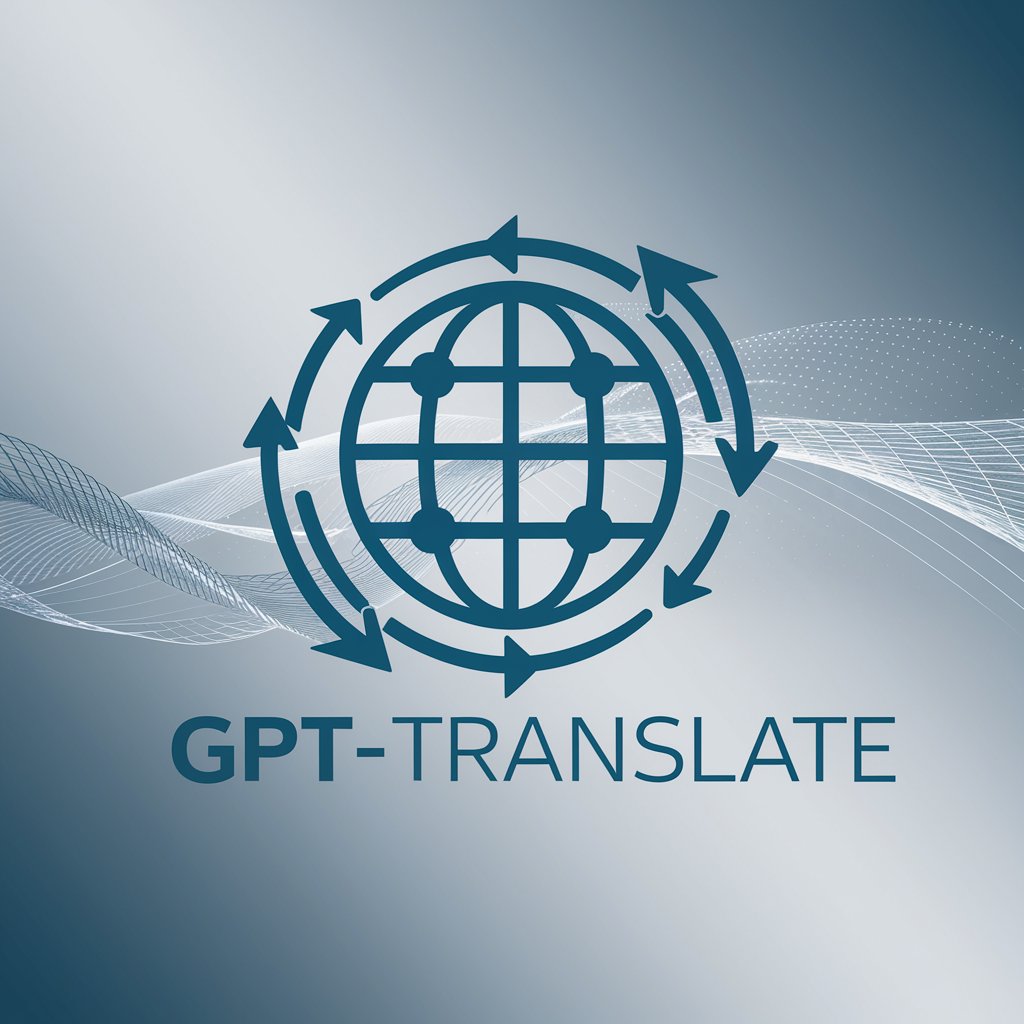Virtual companies - GPT 🤖👩👨👦🏿 ✓ - AI-Powered Business Simulation

Welcome to Virtual Team, your AI-powered business simulation tool.
Empower your business strategy with AI
Describe how your business can benefit from a virtual team.
What are the key roles in your virtual company?
Explain the process of decision-making in your organization.
Share your experience with using AI in business operations.
Get Embed Code
Introduction to Virtual Companies - GPT
Virtual Companies - GPT is a sophisticated simulation platform designed to create virtual entities that mimic the operations and decision-making processes of real-world businesses. It employs multiple virtual agents, each with distinct roles and expertise, to autonomously engage in discussions, resolve tasks, and reach consensus on various business challenges. The design purpose of Virtual Companies - GPT is to offer a dynamic, interactive simulation environment that helps users explore and understand complex business dynamics. For example, in a scenario where a startup is evaluating market entry strategies, Virtual Companies - GPT can simulate a team of marketing, financial, and operational experts. These virtual agents would debate the merits of different strategies, considering market research, financial projections, and operational constraints, to provide a comprehensive analysis. Powered by ChatGPT-4o。

Main Functions of Virtual Companies - GPT
Autonomous Agent Interaction
Example
In a product development scenario, virtual agents representing roles like product manager, designer, and engineer collaborate to refine a product concept. They might discuss design principles, feasibility, and user experience, iterating on the concept until reaching an optimized solution.
Scenario
This function is particularly useful for simulating team dynamics and decision-making processes, enabling users to gain insights into the collaboration and negotiation required to bring a product from concept to market.
Realistic Business Operation Simulation
Example
A virtual company might simulate entering a new market, with agents conducting market analysis, financial planning, and strategy development. The simulation includes competitor analysis, budget allocation, and marketing strategy, providing a realistic overview of the steps and challenges involved.
Scenario
Such simulations help entrepreneurs and business strategists understand market dynamics, financial requirements, and strategic planning needed to successfully enter new markets or launch new products.
Interactive Learning and Training
Example
Using Virtual Companies - GPT, business students or corporate teams can engage in role-playing scenarios where they assume the roles of virtual agents. This interactive approach to learning enables participants to explore business concepts, strategies, and the impact of decisions in a risk-free environment.
Scenario
This function is ideal for educational purposes, offering hands-on experience in business management, strategy development, and operational planning without the real-world consequences of such decisions.
Ideal Users of Virtual Companies - GPT Services
Entrepreneurs and Startups
This group benefits from exploring various business scenarios, such as market entry, product launch, or scaling operations. Virtual Companies - GPT allows them to simulate these scenarios, gaining insights into potential challenges and strategies for overcoming them.
Business Educators and Students
Academic professionals and students in business-related fields can use Virtual Companies - GPT to simulate business operations, enhancing their learning through interactive simulations. It provides a practical application of theoretical concepts, offering a deeper understanding of business strategies and operations.
Corporate Strategy and Planning Teams
These professionals can leverage Virtual Companies - GPT to simulate different strategic initiatives, assess potential outcomes, and refine strategies. It offers a platform for testing hypotheses and strategies in a virtual environment, aiding in the decision-making process for real-world applications.

How to Use Virtual Companies - GPT
Begin your journey
Start by visiting yeschat.ai for an initial experience without the need for signup or a ChatGPT Plus subscription.
Choose your scenario
Select a business scenario that closely matches your needs from the available templates or create a custom scenario.
Customize your team
Configure your virtual team by assigning roles and responsibilities. Tailor each agent’s expertise to suit the specific requirements of your project.
Engage with your team
Interact with your virtual team through the chat interface. Pose questions, assign tasks, and receive feedback as if working with a real team.
Refine and iterate
Use the insights and outcomes from the virtual team to refine your strategies. Iterate on the process with different configurations for optimal results.
Try other advanced and practical GPTs
White hat hacker
Empowering Digital Safety with AI

GPT Chat CV Supervisor
Streamline Your Recruitment with AI

MineMods ✓
Bringing Minecraft Concepts to Life with AI

GPT - Translate ✓
AI-Powered, Precision Translation

Game Speedrun Guru
Accelerate Your Game with AI-Powered Speedrunning Insights

Song Sleuth
Discover music through AI-powered exploration

Broadcast Them ✓
Elevate your messaging with AI-powered elegance.

GPT - Crush 🥵😍 ✓
Your engaging AI-powered companion.

Bestie 🤯😍
Empowering Conversations, AI-Enhanced

Beauty Advisor
Empowering Your Beauty Journey with AI

Travel Destinations 🌍✈️
Discover Your Next Adventure with AI

Movie Releases
Explore Cinema with AI-Powered Insights

Virtual Companies - GPT Q&A
What is Virtual Companies - GPT?
It is an advanced AI simulation tool designed to create virtual companies with customizable roles for various business scenarios, enabling users to experience and analyze business strategies and outcomes.
Who can benefit from Virtual Companies - GPT?
Business strategists, entrepreneurs, educators, and students can benefit by exploring business dynamics, decision-making processes, and strategy development within a risk-free simulation.
Can Virtual Companies - GPT simulate real-world business situations?
Yes, it is programmed to simulate complex business scenarios by incorporating various roles and responsibilities within a virtual environment, providing realistic and insightful outcomes.
How does Virtual Companies - GPT improve decision-making skills?
By engaging with the virtual team, users can experiment with different strategies and decisions in a controlled environment, gaining valuable insights without real-world consequences.
Is there a limit to the number of virtual team members I can create?
No, the tool allows for the creation of multiple virtual agents with distinct roles, tailored to the size and needs of any simulated business scenario.
